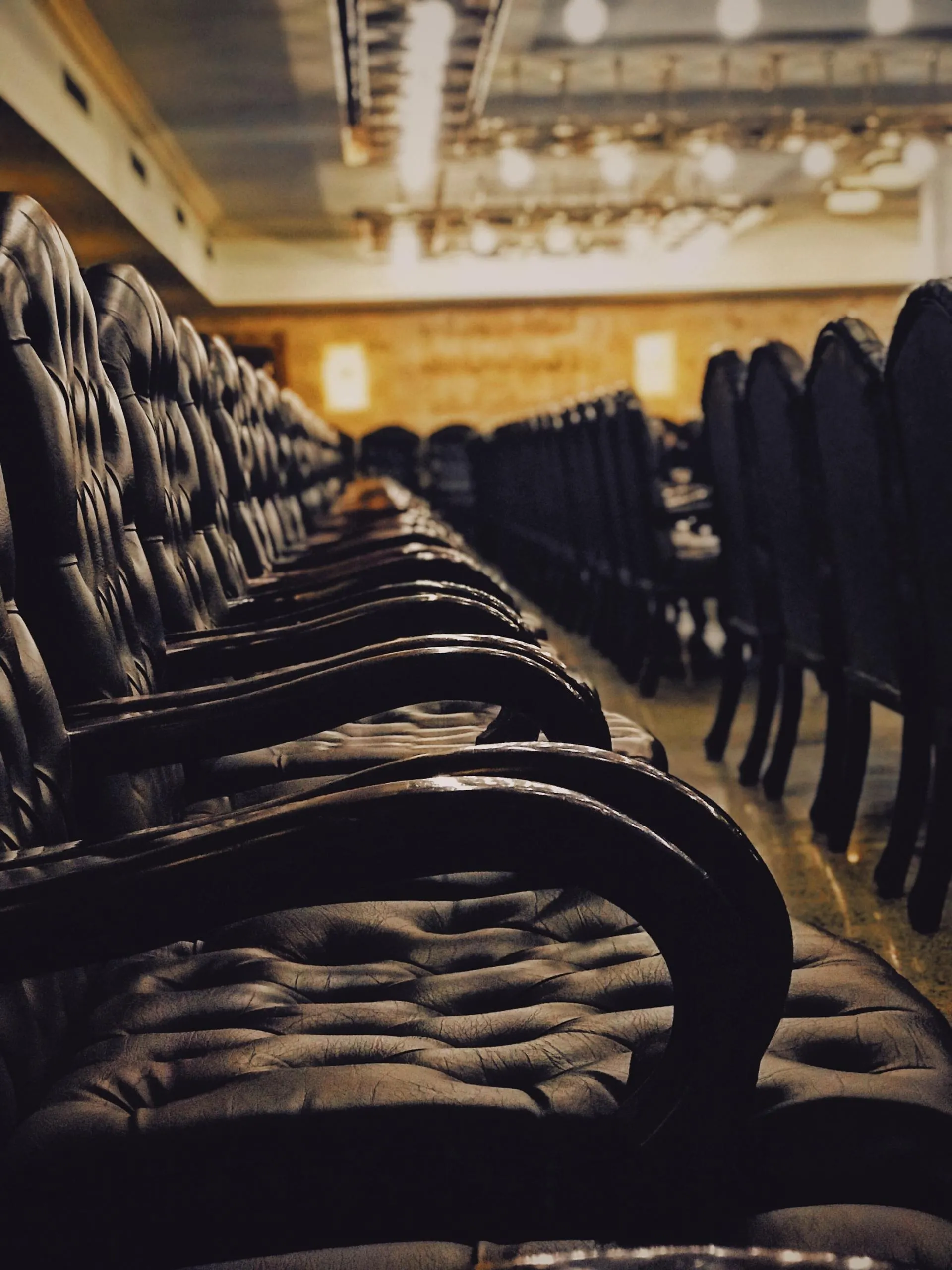So We’re Going to Trial – Now What?
- April 11, 2021 @ 12:13 pm
- Written by adminjbwp
- Categories: Legal Process

Once you have been through all of the detailed preparations for a jury trial, you might see why most people prefer not to go to court. People want their disputes solved quickly and fairly. While a trial may be fair, it is rarely quick. Trials require months of preparation, even if the trial itself may take only a few days once you enter the courtroom.
The good news is that many cases handled by experienced personal injury lawyers, such as those at John Bales law firm are settled long before litigation would have started. And in most cases where a lawsuit is filed, the parties still settle before going to the courtroom. It is the collective experience of the lawyers collaborating on this book that 90 percent or more of personal injury cases handled by an experienced personal injury lawyer settle before trial.
This is in part because the job of the personal injury lawyer is to get the fullest possible information to decision-makers on the other side of the case, as early as it can reasonably be shared. Presenting your case before trial lets the defendants know you have a strong case, and is aimed at convincing them that settlement may be a better option for both sides. Remember, only you can decide to settle your case. If the other side does not make a fair offer, a jury will be able to decide the dispute.
An experienced personal injury lawyer will prepare your case, from the beginning, just as if it will ultimately go to court. This is not just in case you do go to trial — it is also because full preparation allows you and your lawyer to make the most compelling case possible in settlement talks. The facts will be gathered. The witnesses will be found. The evidence will be assimilated. The issues will be understood. The law will be applied to the facts. Demands for settlement will be presented. Through the settlement discussions, an experienced personal injury lawyer will learn all about the strengths and weaknesses of your claim. If the claim can be settled fairly, so much the better. If not, you will enter your trial ready for litigation.
The Complaint and Answer
Every lawsuit starts with a written complaint/petition filed in court by the lawyer for the plaintiff. The plaintiff’s complaint lays out all of the relevant facts, then lists each cause of action (reason for suing), stated as a separate count. At the end of the complaint, the injured party will sum up his or her request for relief in a “prayer.” This is a request for damages — financial compensation for your physical, emotional, financial and other injuries.
The people being sued are called defendants. After your law firm files the complaint and has a copy served to the defendants, they must file a written document of their own, called the answer. The answer either admits or denies all of the points raised in the complaint. Because the answer includes reasons for these admissions and denials, it is often your first look at arguments the defendant is likely to make at trial. Together, the complaint and the answer frame the issues the lawsuit will ultimately be about.
Litigation Is a Means — Not an End
In many cases, litigation is a tool for solving problems, not an end in itself. Take the case of the Robinsons, who were involved in a car accident. As they made a right turn, they were sideswiped by a driver on the intersecting street, who was traveling the other direction. In the accident report, a police officer wrote that the collision occurred in the center of the road. The Robinsons said the other driver had crossed the center line, so the collision was his fault. The other driver said Mrs. Robinson steered wide around the corner, so the collision was her fault. The insurance adjuster refused to make any settlement offer.
The Robinsons did not want to litigate. They wanted a fair and fast settlement. But in this scenario, there was no choice but to start litigation so that the drivers could be deposed. (That is, give out-of-court spoken testimony — see the “Discovery” section in Chapter Five for more.) After litigation starts, lawyers for both sides schedule depositions of both parties and all witnesses. In this case, the couple was able to settle after depositions showed their story was backed by the evidence. Mr. and Mrs. Robinson would have received no compensation if their law firm had not filed a lawsuit. In their case, as in many other cases, litigation was a tool for solving problems, not an end in itself.
